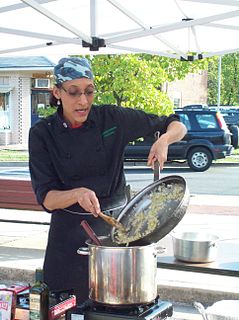A Quote by Ankit Tiwari
I come from U.P., so I can say that I have some knowledge about food and flavors.
Related Quotes
He created the flavors! He created the colors. He created it all, and he did it all out of the overflow of his perfections. It’s not like he was thinking, ‘Oh, I’ve got some fajita flavoring over here. I know: let’s put it on the cow and the chicken.’ He created the avocado to have a certain flavor; he created the skirt steak, the fillet, and the tenderloin to have certain flavors. That was God’s doing. So every aspect of creation, from the largest galaxy to the tiniest burst of flavor in food or drink or seasoning, radiates the goodness of God.
The most appealing thing to me about food is combining and layering flavors, tastes, and textures. So the perfect sandwich has to be toasted. It has to have Emmenthal Swiss cheese and a combination of sweet and savory - some cranberry or fig thing happening - with different kinds of meats like Black Forest ham and roast beef.
Personally, I have been very impressed by the slow food movement. It is about celebrating the culture of food, of sharing the extraordinary knowledge, developed over millennia, of the traditions involved with quality food production, of the sheer joy and pleasure of consuming food together. Especially within the context of family life, this has to be one of the highest forms of cultural activity.



































